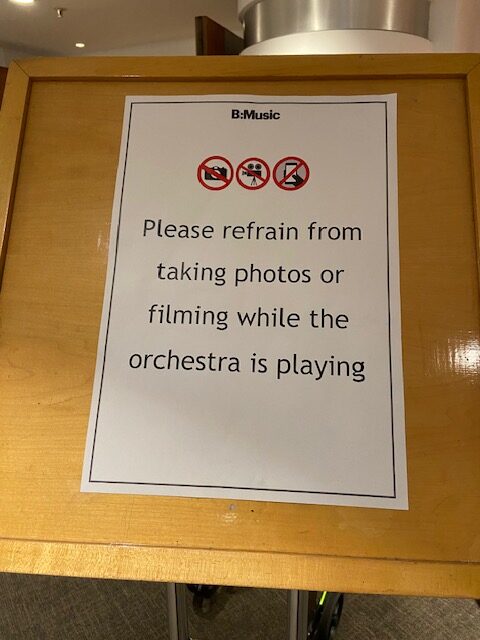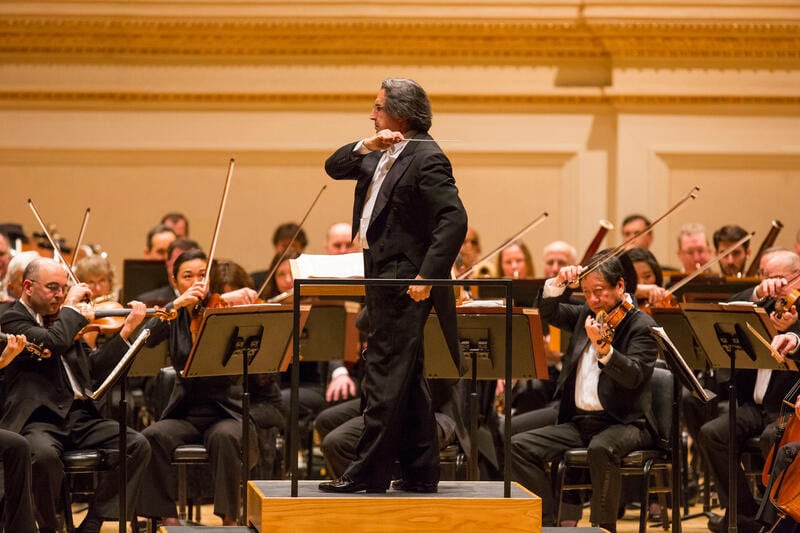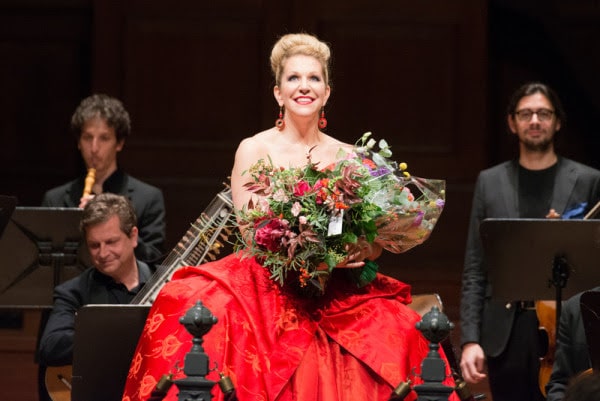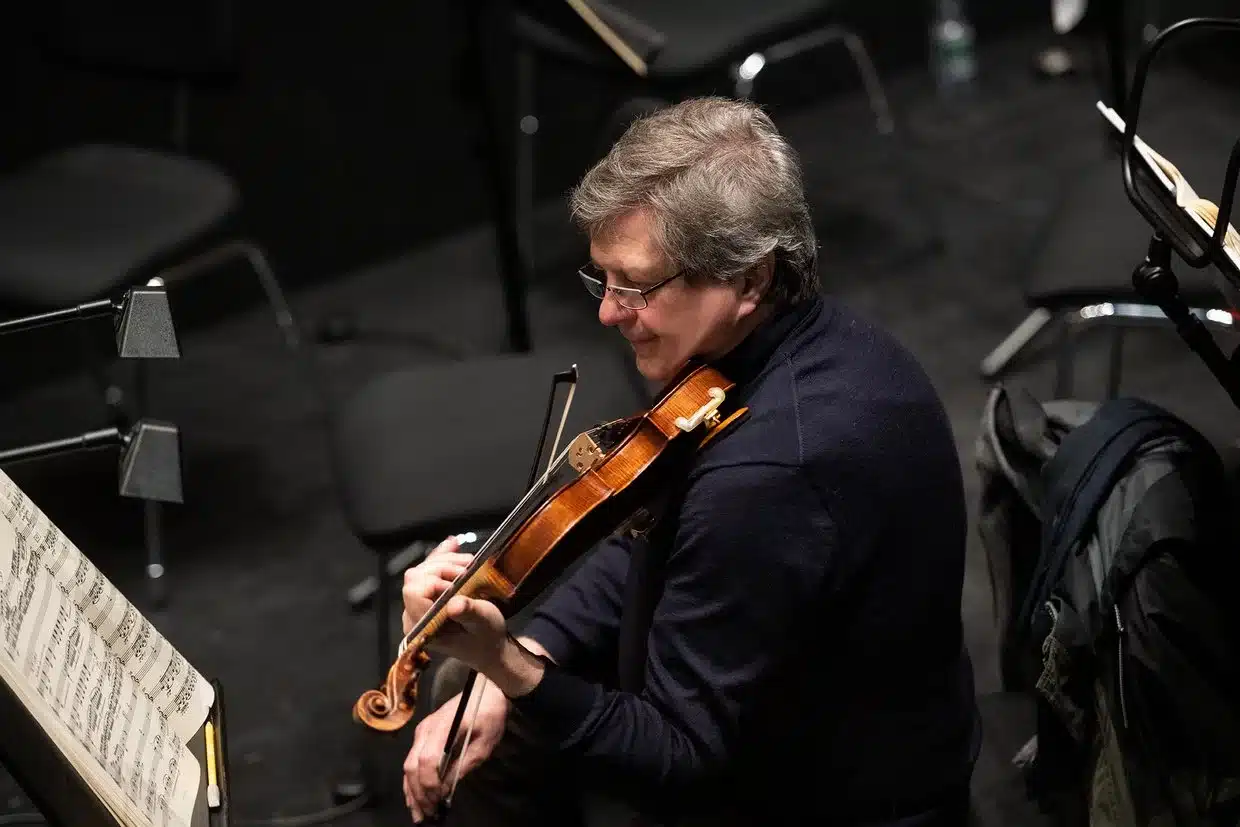One of the best
mainI have just been told that the composer Benjamin Lees has died, aged 86. A delightful man, I last heard from him a few weeks back to say he was writing a second violin concerto, his vigour undimmed by the recent unfashionability of his hard-worked, ever-expressive music.
Ben belonged to no cult, style or school of composers. A student of the iconoclastic George Antheil, he wrote what was on his heart and his mind, and he wrote well. There is a not a misplaced note or stress in the two-dozen works I have heard – invariably on record, since performances were scarce.
Although championed by important conductors from Leopold Stokowski to Lorin Maazel and acknowledged as an American eminence, he fell out of the Manhattan loop and did not merit so much as an index mention in Alex Ross’s panoptic survey of musical modernism. His entry is my own Complete Companion to 20th Century Music is, sadly, short. The fact that most people remembered is that he was born in Harbin, China.
Ben bore rejection with mildness and courtesy, sustained by a strong marriage and a loving family. We dined together once with great gusto and corresponded often. I heard his recent premieres by direct mail and was greatly taken by the third piano concerto and the fifth and sixth string quartets. This is music built to last: it will not fade to dust.
You can hear snippets on his website, or rush out to buy the first violin concerto, recently recorded by Elmar Oliveiro, with John McLaughlin Williams and the Ukraine orchestra. Behind the melodic ease and infallible musical logic lay a passion that burned fierce and had something vital to say.
A full worklist can be found on www.benjaminlees.com. His publisher was Boosey&Hawkes.





Benjamin Lees wrote some powerful piano music that I played when I was a teenager. The Fantasia and other works are well worth exploring.